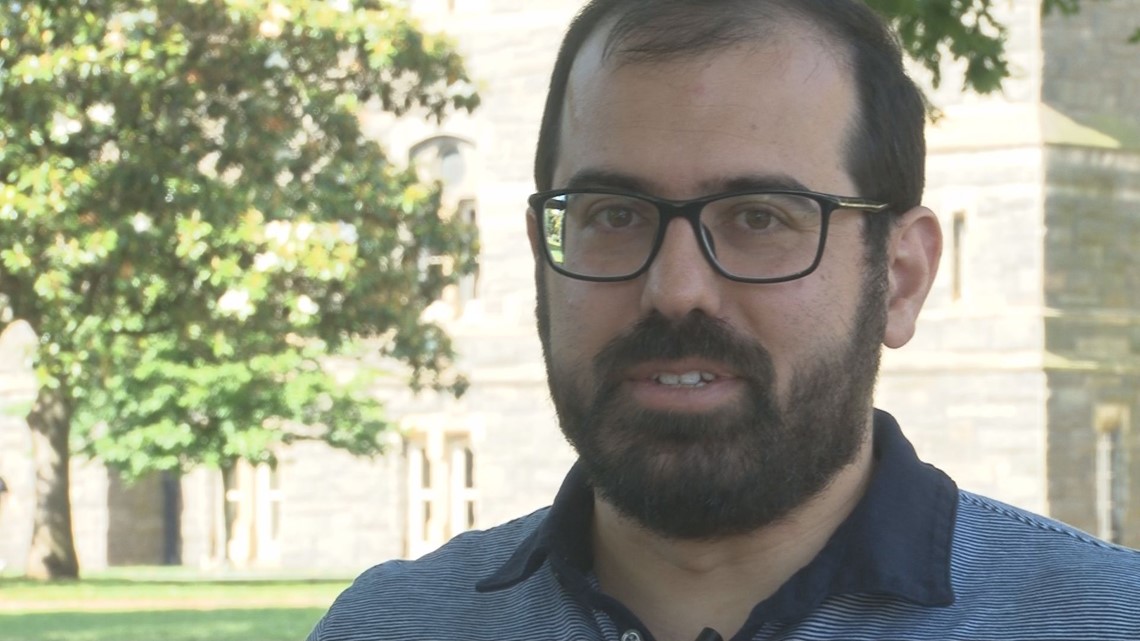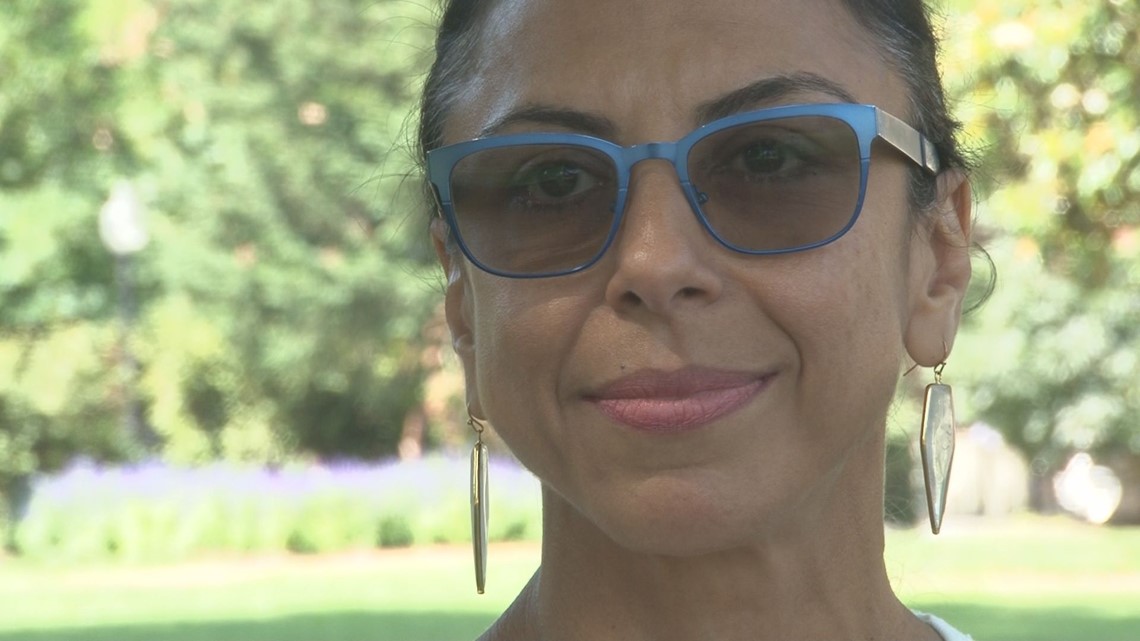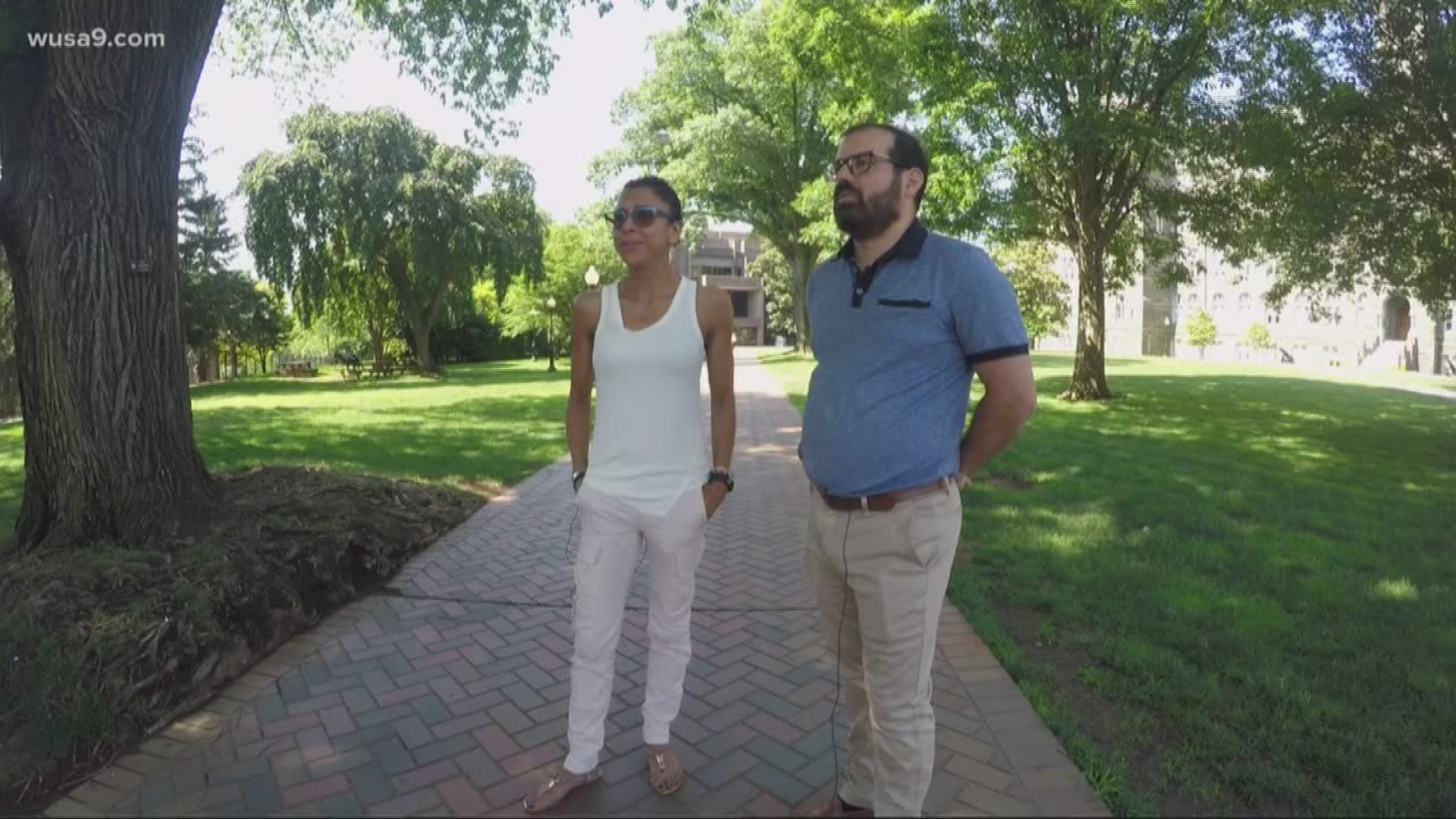WASHINGTON -- In news coverage about the budding crisis in Iran, the most powerful voices are often politicians and military leaders. But the voices of ordinary Iranian-Americans get far less attention. That's why WUSA9 caught up with two local Iranian-Americans to get their thoughts.
"I think being Iranian-American is two things," said David Shams, who was born in the U.S., but has Iranian ancestry. "It's being almost bifurcated or feeling divided."


Ladan Manteghi, on the other hand, was born in Iran and immigrated to the U.S. shortly before the Iranian Revolution of 1979. She has not been back since.
"It means having the best of two worlds..." she said. "People tend to think these days of being Iranian as being Muslim and being fanatical. I know it as a people of poetry and party."
The two have watched the latest conflict closely. The tough rhetoric, the economic sanctions, and the military postering all tell a familiar story.
"Here we go again..." said Shams. "If we're not careful, we may sleep-walk into military confrontation."
Shams said he worries not only about his family in Iran, but also his loved ones who serve in the U.S. military.
"That's something that keeps me up at night," he said. "Knowing that my family on different sides could be fighting each other."
Manteghi, who has been involved with politics, within the Democrat Party, is now urging leaders from both countries to move towards de-escalation.


"Our people don't want war," she said. "We're actually a peaceful people. But we're also prideful."
Both Shams and Manteghi are leaders of the National Iranian American Council. The group describes itself as a non-partisan non-profit, which attempts to build "greater understanding" between the two countries.

